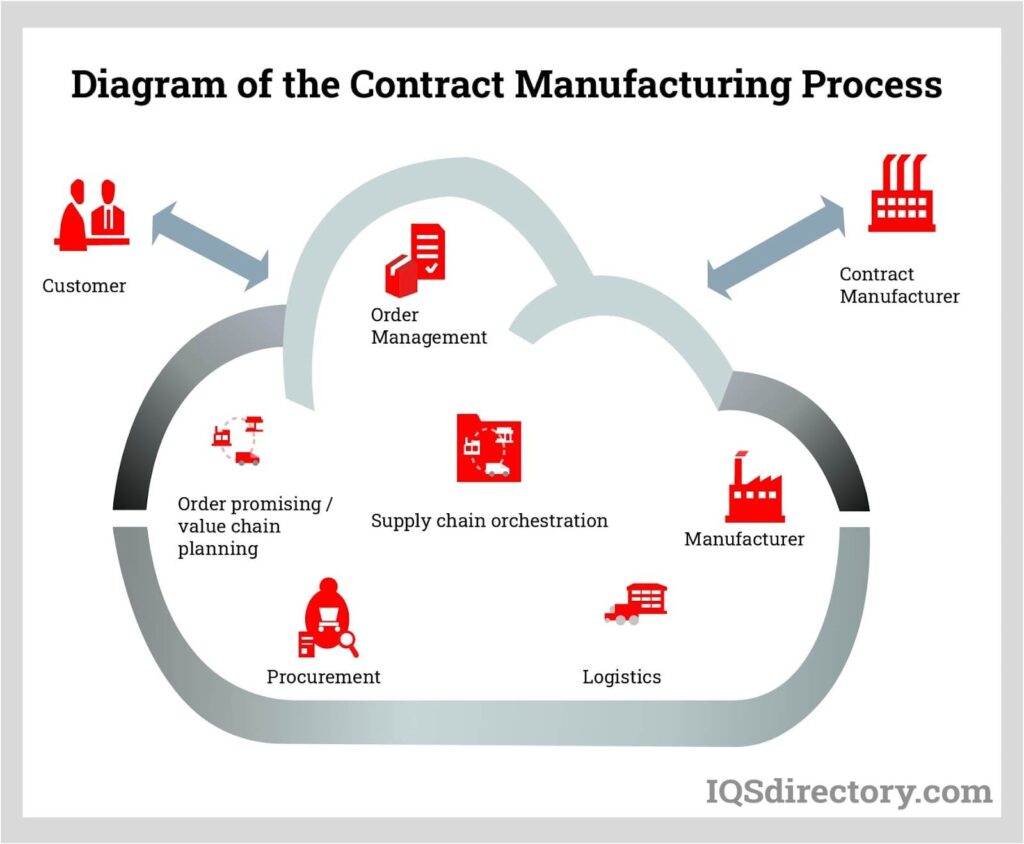Manufacturing Services:
Ayurveda and its Revival: Ayurveda, a traditional Indian system of medicine, has garnered renewed interest globally. The demand for authentic Ayurvedic products has led to an upsurge in contract manufacturing for Ayurvedic medicines. This section discusses the resurgence of Ayurveda and its significance.
Contract Manufacturing Process: The process of contract manufacturing for Ayurvedic medicines involves various stages, including sourcing raw materials, formulation development, quality control, manufacturing, and packaging. Each stage requires adherence to stringent regulatory guidelines to ensure product safety and efficacy.

Regulatory Compliance: The regulatory framework for Ayurvedic medicines varies across different countries. Manufacturers must navigate through these regulations to ensure compliance with quality, safety, and labeling requirements. Challenges in harmonizing regulations are explored.
Nutraceutical Contract Manufacturing: 3.1. Rising Demand for Nutraceuticals: Nutraceuticals bridge the gap between nutrition and pharmaceuticals, offering health benefits beyond basic nutrition. The role of contract manufacturing in meeting the escalating demand for nutraceutical products is examined in this section.
Formulation and Development: Developing nutraceutical formulations involves blending scientific research with innovative product ideas. Contract manufacturers play a crucial role in turning these concepts into marketable products, while ensuring potency and stability.
Quality Assurance: Maintaining consistent quality is paramount in nutraceutical manufacturing. This section delves into the quality control processes and Good Manufacturing Practices (GMP) compliance essential for nutraceutical contract manufacturing.
Loan License Manufacturing: .. Understanding Loan Licensing: Loan licensing allows one company to utilize another company’s manufacturing facilities for producing its products. This section elucidates the concept of loan licensing, its purpose, and advantages.
Process and Benefits: Companies seeking to expand their product lines without heavy capital investments often opt for loan license manufacturing. The benefits, including reduced financial risk and quicker market entry, are discussed in detail.
Third-Party Manufacturing: #. Exploring Third-Party Manufacturing: Third-party manufacturing involves outsourcing production to specialized manufacturers. This section delves into the motivations behind third-party manufacturing and its role in the pharmaceutical sector.
Ensuring Quality and Confidentiality: Maintaining quality standards is pivotal in third-party manufacturing. The measures taken to ensure quality control and the importance of safeguarding intellectual property are highlighted.
Technological Advancements: The integration of technology, such as automation and data analytics, is shaping the future of contract manufacturing. This section explores the impact of Industry on the pharmaceutical contract manufacturing landscape.
The global market for ayurvedic and nutraceutical products has witnessed significant growth in recent years, driven by increasing consumer awareness of holistic health and wellness. As the demand for these products continues to rise, manufacturers often face challenges in meeting production capacities and maintaining quality standards. This has led to the emergence of contract manufacturing as a viable solution. In this article, we delve into the concepts of loan license, third-party manufacturing, and private labeling in the context of ayurvedic and nutraceutical products.


